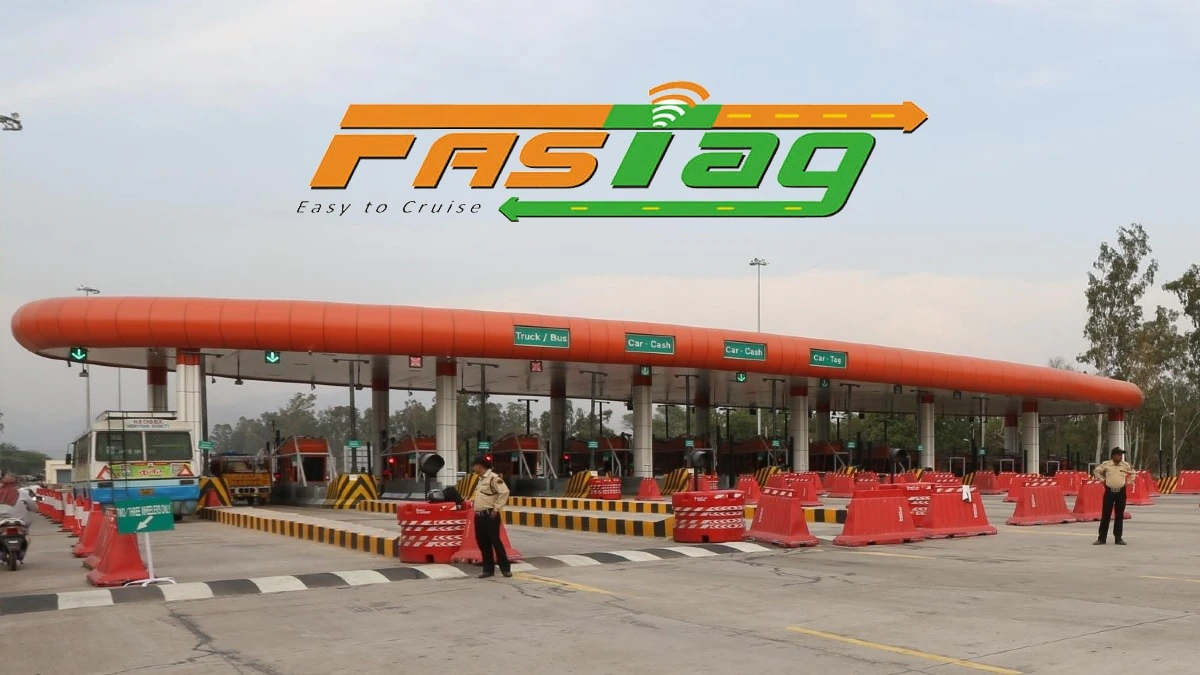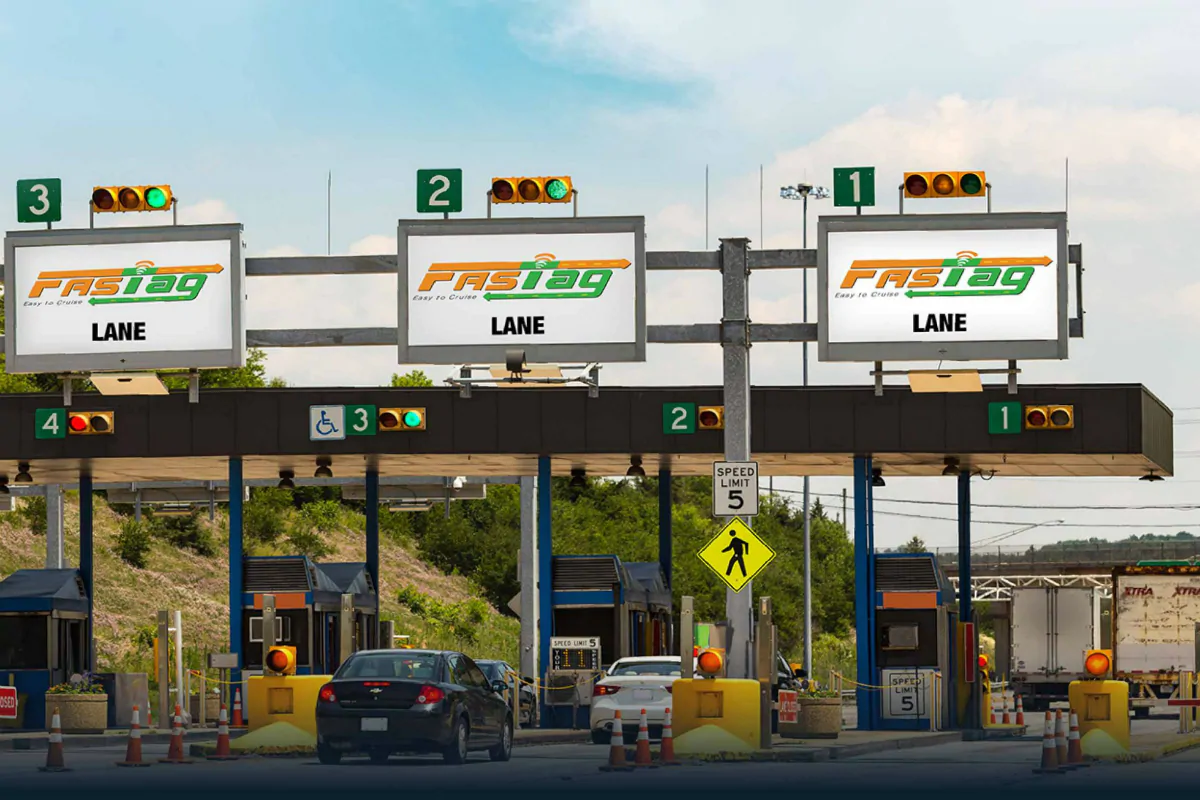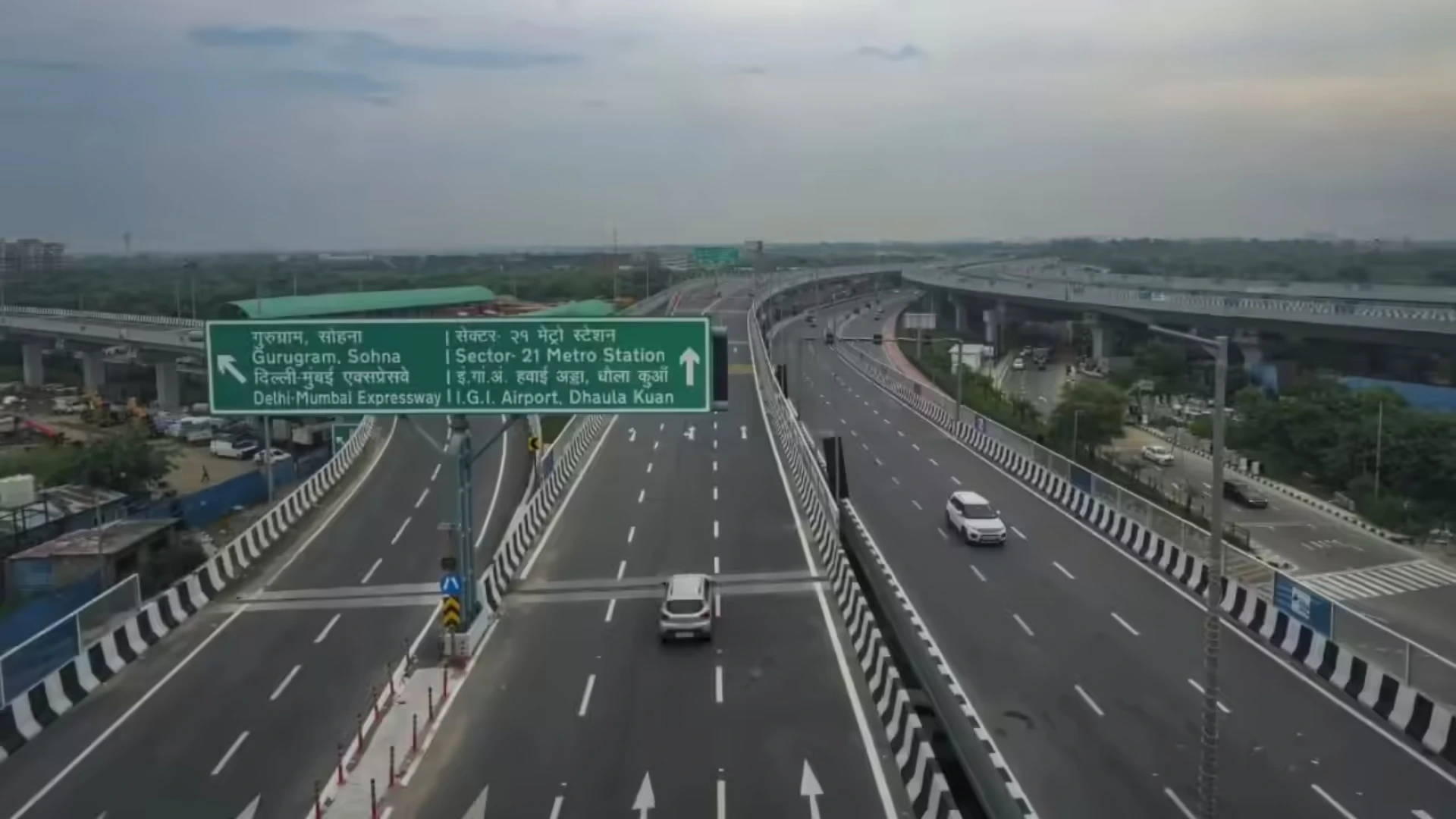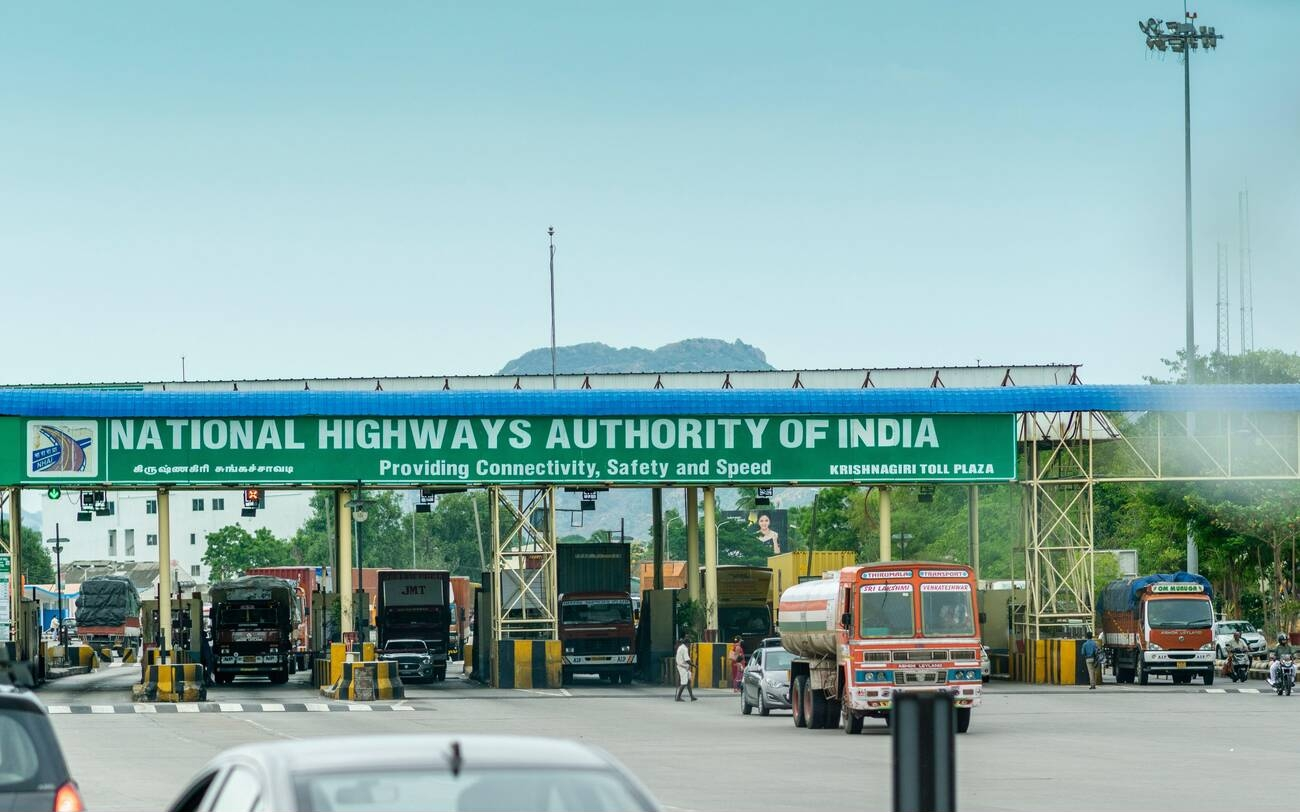
Table of Content
▼Just a few years after implementing Fastags, the Union government appears to be introducing a new GPS-based toll collection system. In March next year, the Indian government will install new charging systems that will completely replace toll plazas.
At an event, Nitin Gadkari, India's Minister of Highways and Transport, said that the central government is looking for a system to replace toll plazas across India and that the new GPS-based toll collection system will be installed in March next year.

However, this does not mean that the FASTag system will be eliminated due to the new GPS-based toll collection system. India has one of the largest road networks in the world. The new toll collection system will take at least a few months to implement. Since this technology is not yet implemented and is still in the sourcing phase, it will take some time before it is released.
The government has already implemented two pilot projects that include an automatic number plate recognition system (ANPR system) to facilitate automatic toll collection without the need to stop the vehicle completely. This will ease congestion at toll plazas across the country.
The main idea behind the new GPS-based toll collection system is to charge drivers based on the exact distance traveled on highways and highways. In the 2018-19 financial year, vehicles crossing the toll plaza had to wait for an average of 8 minutes. With the introduction of FASTags in 2020-2021, the waiting time has been significantly reduced to just 47 seconds.
How will the GPS-based toll collection system work?
GPS systems are fitted in cars to precisely pinpoint their whereabouts on the road. Although these devices are standard on newer cars, older cars will need to have them installed. However, Gadkari has also brought up the prospect of ANPR (Automatic Number Plate Recognition) cameras, which might eliminate the need for GPS units in cars.
The new GPS-based toll collection system will see customers pay tolls based on distance traveled on the motorway. Under the new law, toll fees will be collected on a pro-rata basis. This means that if you use highways more, you will have to pay higher tolls. Currently, toll fees are charged at different rates at toll booths.
This system has already been applied in some European countries with great success. As a result of this success, the Indian government is also planning to implement this system in India.
The GPS-based toll collection system begins recording the trip as soon as the vehicle enters the toll lane. Stop recording when the car leaves the road. The fee is calculated based on the number of kilometers traveled on the highway.
The Indian government has made FASTag mandatory for all vehicles. The government believes the way of the future is to pay tolls while driving. According to officials, FASTag can also be used to make payments at petrol pumps and parking lots. Although some gas stations accept FASTag payments, the idea has not caught on.
NHAI officials said cash is a legal medium of transactions and hence they cannot deny the use of it to motorists. However, the best way to address this issue is strict enforcement of the Motor Vehicles Rule, which has now made FASTag mandatory on all new vehicles. The officials also claimed that there has been a significant increase in the number of transactions conducted by FASTag users in the last few months.
Currently, more than 97% of vehicles use FASTag to pay tolls. Those who do not have a FASTag have to pay double the amount.
Also Read: Budget 2024: What the government can do to charge up India's EV sector
Neha Mehlawat
Neha Mehlawat is an automotive journalist and industry analyst with 10+ years of experience covering cars, bikes, and mobility trends. She tracks the latest launches, technology upgrades, and policy changes in the auto sector, delivering sharp insights that help readers stay ahead in the fast-evolving world of automobiles.

_1750421705.webp)

_1771309956.webp)
_1770973085.webp)
_1770886465.webp)


